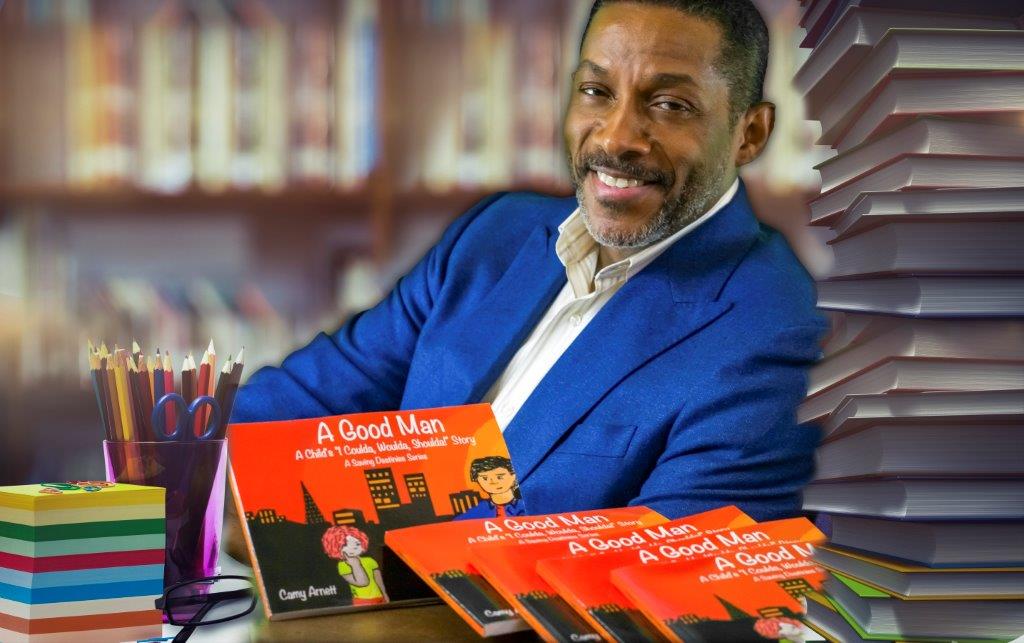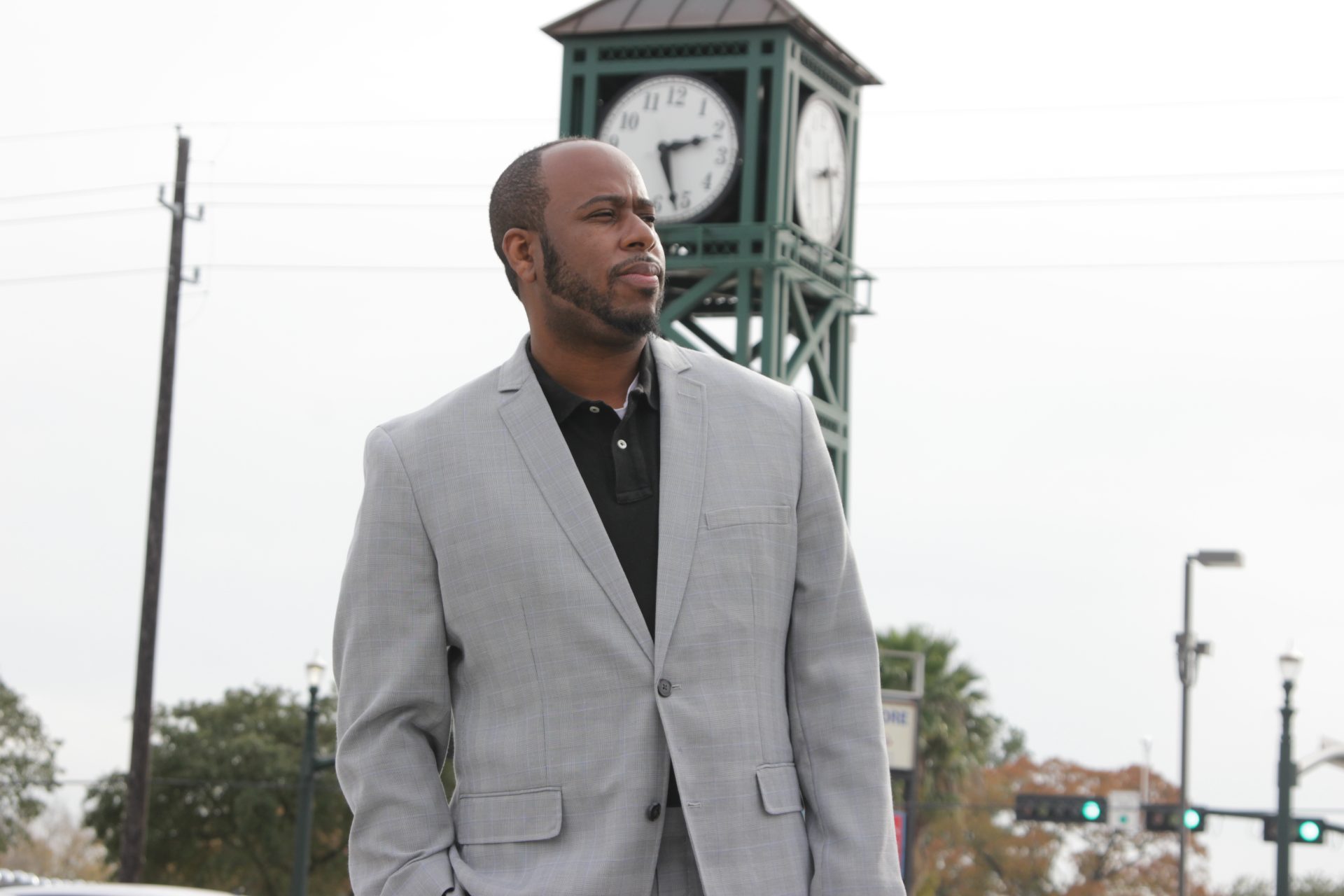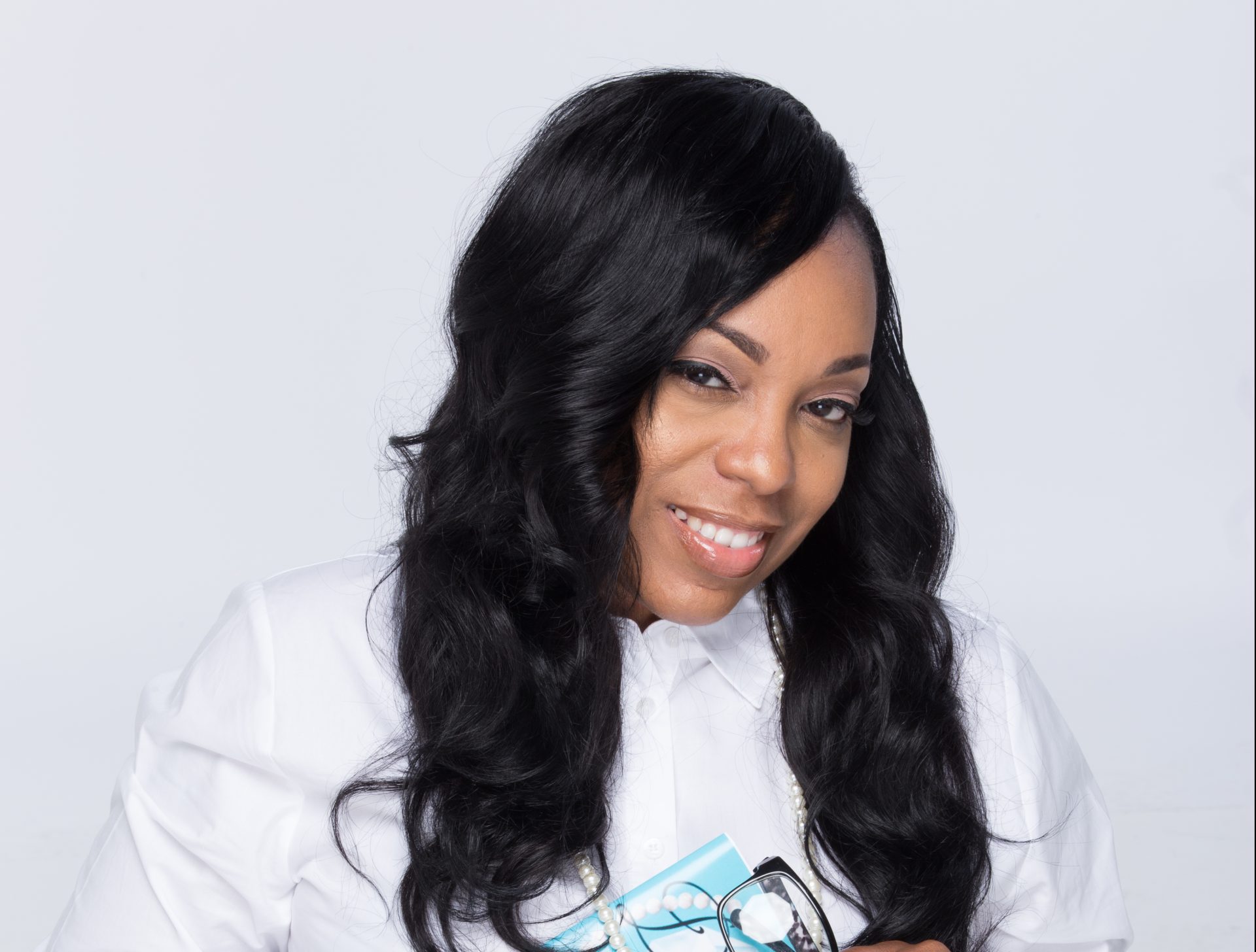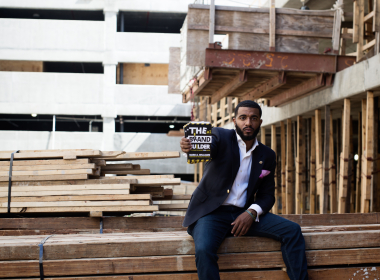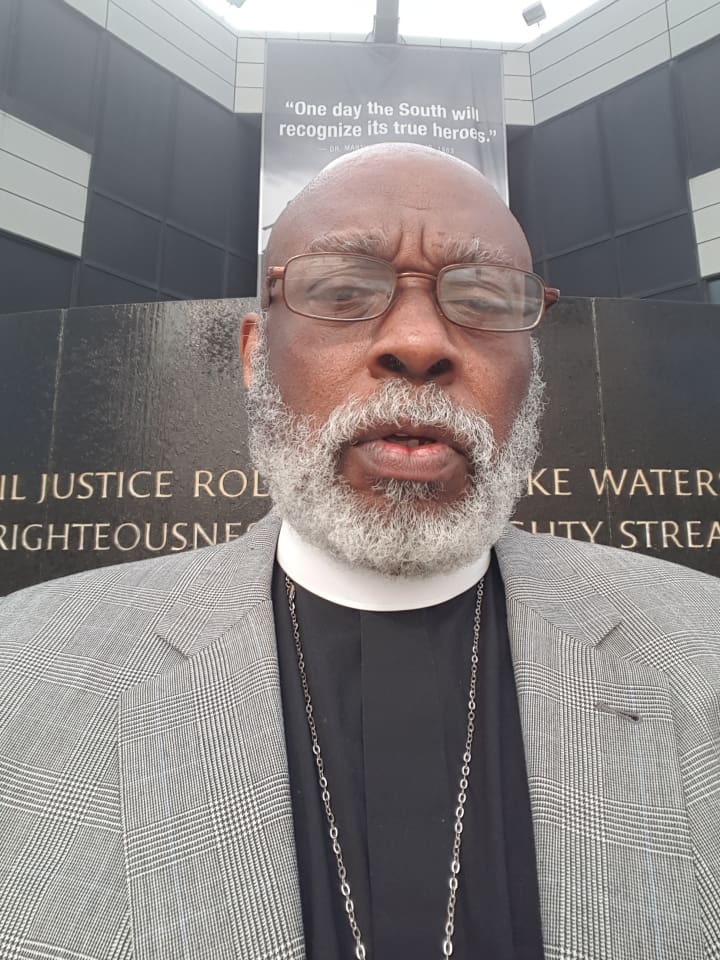
What is the title of your book?
No Bigotry Allowed: Losing the Spirit of Fear Towards the Conversation about Race
Why did you write this book?
Listening to Jon Stewart, of the “Daily Show” fame, saying we need to have a conversation about race. And as I was listening to other people try to have a meaningful conversation about race, I discerned that their starting points were all over the place. Even Jimmy Kimmel when hosting the Oscars stated that we need to have this conversation. The need to have that conversation created this book. The book provides a foundation for people to seriously start discussing the issue of race. The book is designed to help start that long overdue conversation in a meaningful way.
When did you start writing this book?
I started fall of 2014. I heard the general manager for the Atlanta Hawks, Danny Ferry, make a racial statement that made the news. Which compounded the earlier statements by Donald Sterling at a Clippers’ game. I had made a Facebook post saying that the NBA once stood for “No Blacks Allowed” and I hoped that it would become to mean “No Bigotry Allowed.” I recalled the earlier post when I was actually in a meeting with Danny Ferry regarding his remarks. I left that meeting convinced I needed to do something more than just meet. I left there determined to write a book, so I did.
When did you release your book?
I had a soft release in 2015. It was put on Kindle in spring 2015 and produced as a paperback in October 2015. It took about six months to write.
What type of book is this?
The book is a matter of experience and academic engagement. I wrote it for the general population, the person who takes public transportation, who goes to the barbershop or beauty shop, in other words for everyday, hardworking people who want a better world for themselves, their children and their loved ones. It is a tool to have honest and meaningful conversations with people who, demographically, are not like them. This book offers theory, foundational definitions, historical references, and facts to foster honest conversation. In many ways, it’s a playbook to for honest and meaningful conversations regarding race in America.
What examples are featured in your book?
I discuss how if not for the Hayes-Tillman Compromise of 1877 White Supremacy in America would have disappeared or rendered impotent. How stigmas are attached to terms when applied to people of color but not to white people. Like Affirmative Action is a negative term when applied to people of color and academic admissions, but is not a negative term when it applies to the loss of Native American’s land when given to white settlers. Thus, when white people talk how their ancestors did everything on their own as “rugged individuals” the book points to a pattern that indicates no you didn’t. Something that both Dr. Martin Luther King and Dr. Claude Anderson among others have also explained. The book also points out that “redlining” and other government or public policies contributed to black poverty long after enslavement ended in the United States. The book addresses the issues of lingering effects of racism that African Americans face in a way that almost anybody can understand.
What are some challenges of releasing the book?
Publicizing the book and getting in front of influential people. Also, some in our society are trying to change racism into random prejudice, which it is not.
What is bigotry?
Bigotry is hateful prejudice that fuels racism. Bigotry is the starting point for racism. When we get rid of bigotry then we can get rid of racism. When you get rid of bigotry when you make a voting rights law you don’t have to worry about it being reversed in 20 years because of hate.
Have you presented these issues you speak of in your book?
I was a presenter on issues of race for a regional church leadership gathering in 2016. I will present to clergy leadership on a national level in August 2017 in Atlanta for the Evangelical Lutheran Church in America. I am looking for other opportunities to present at every level.
Have you ever experienced racism?
Yes, knowingly the first time when I was around 10 years old.
Do you think most, half or not a lot of White people struggle with bigotry?
Most struggle with it in some form of another, racism is like a matrix that occurs 24/7 that people will tap into consciously or unconsciously.
Do White people have power?
Many White individuals do not have real power to demonstrate their racial angst, but the system of White supremacy gives them access to racism or systemic and institutionalized power so they can exercise their bigotry.
Oprah mentioned in a special that she felt for racism to end a whole generation has to die. Do you believe that?
No, I don’t believe dying alone is the answer because racism is taught and passed down from generation to generation. For racism to end, bigotry has to die.

